
Modern construction places great emphasis on energy efficiency, thermal comfort and sound insulation of buildings. New building regulations and the growing environmental awareness of investors mean that the choice of suitable joinery — in particular windows — is crucial not only for the aesthetics of the building, but also for its energy efficiency. It's right here Insulated glass play an important role. Thanks to their modern design and various technological variants, they fit perfectly into the needs of modern passive and energy-efficient houses. What are insulated windows and what are the benefits of them? What types of insulated glass should you consider and why is it a good idea to consciously choose a glazing package for your needs? The answers to these questions (and not only) you will find in our article, read on!
Insulated glass are multi-layer glass packages, the task of which is to ensure adequate thermal, acoustic and functional insulation windows. They consist of at least two sheets of glass, which are separated by a spacer frame, and the space between them is filled with air or noble gas (argon or krypton).
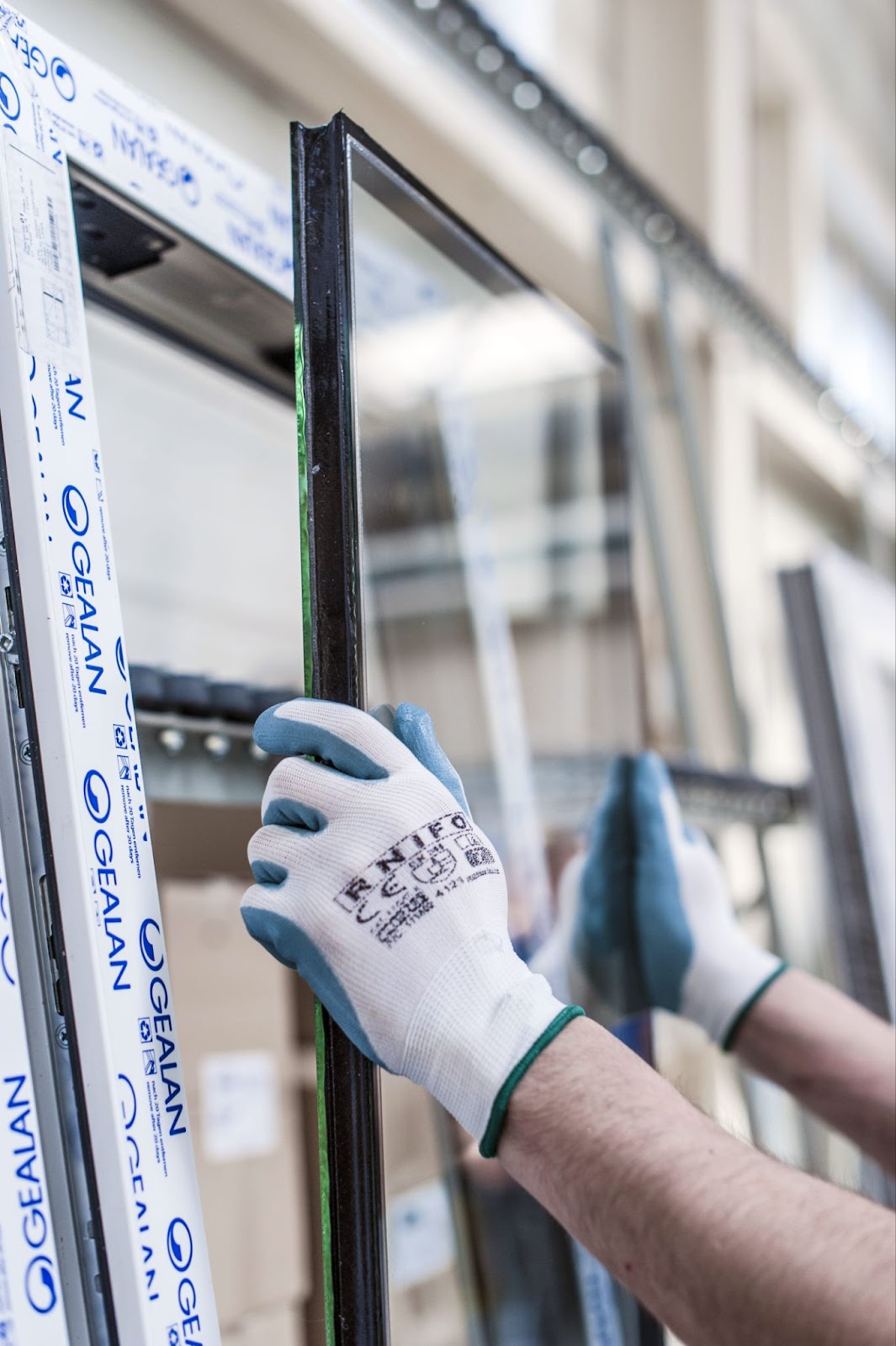
Insulated glass consists of several important elements, such as:
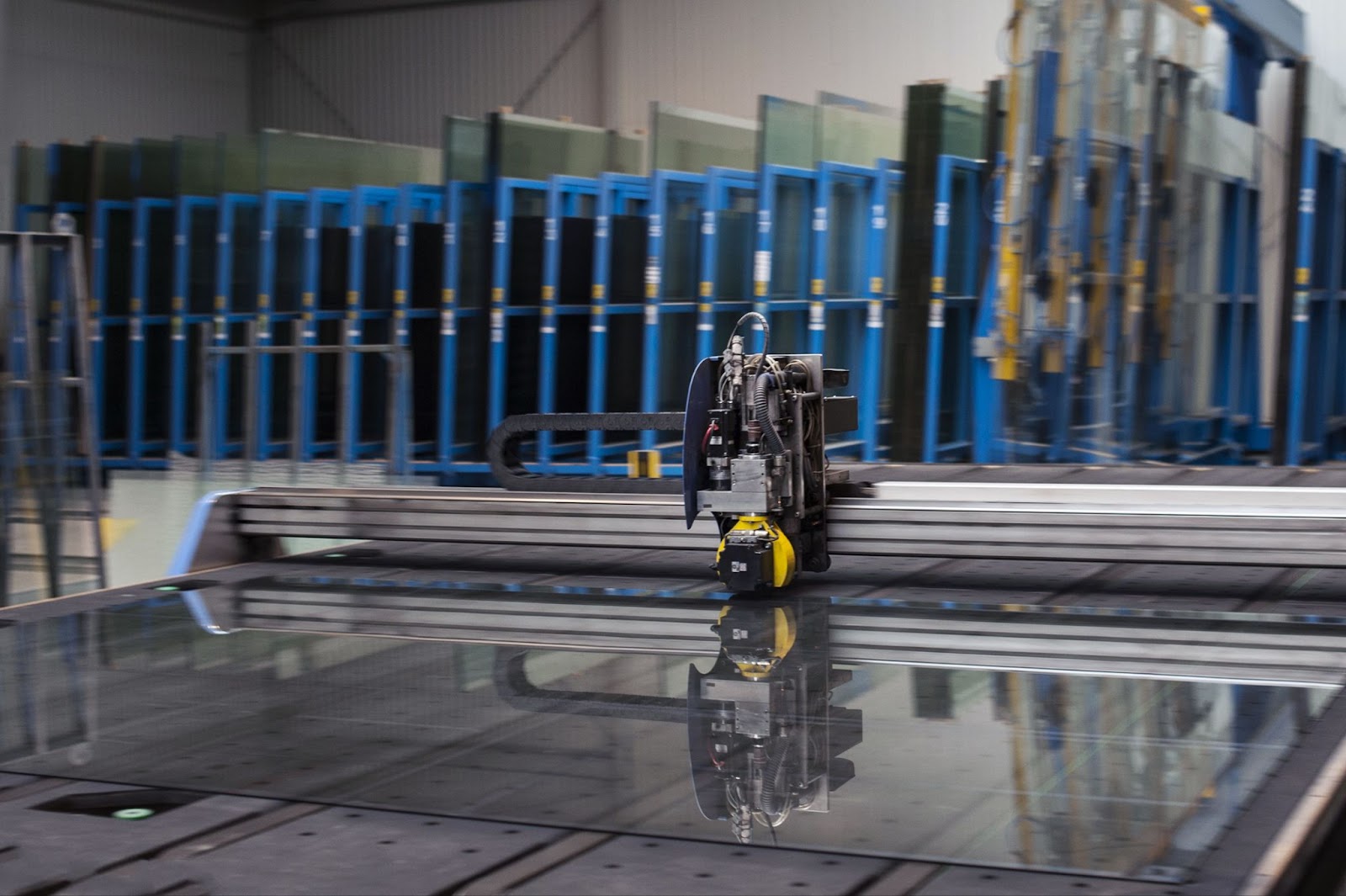
Although insulated glass looks inconspicuous, its creation is the result of precise technology and control at every stage. Production starts from precise cutting of glass sheets to size — accurate to the millimeter. Then the glass goes to the washer, where all contaminants are removed Even those invisible to the naked eye. The next step is assembly spacer frame, which divides the panes and creates space for an insulating gas such as argon. The whole is welded and tightly sealed using a mass that protects the inside of the package from moisture and gas escape. In the end, each glass passes leak-tightness and quality testsbefore it goes to the window, which is supposed to serve for years. This refined process ensures that insulated glass not only has better thermal and acoustic properties, but also guarantees reliability in everyday use.
Insulated glazing is a solution that brings a number of advantages that significantly affect the comfort of use of the building and its energy efficiency. Their most important advantages include:
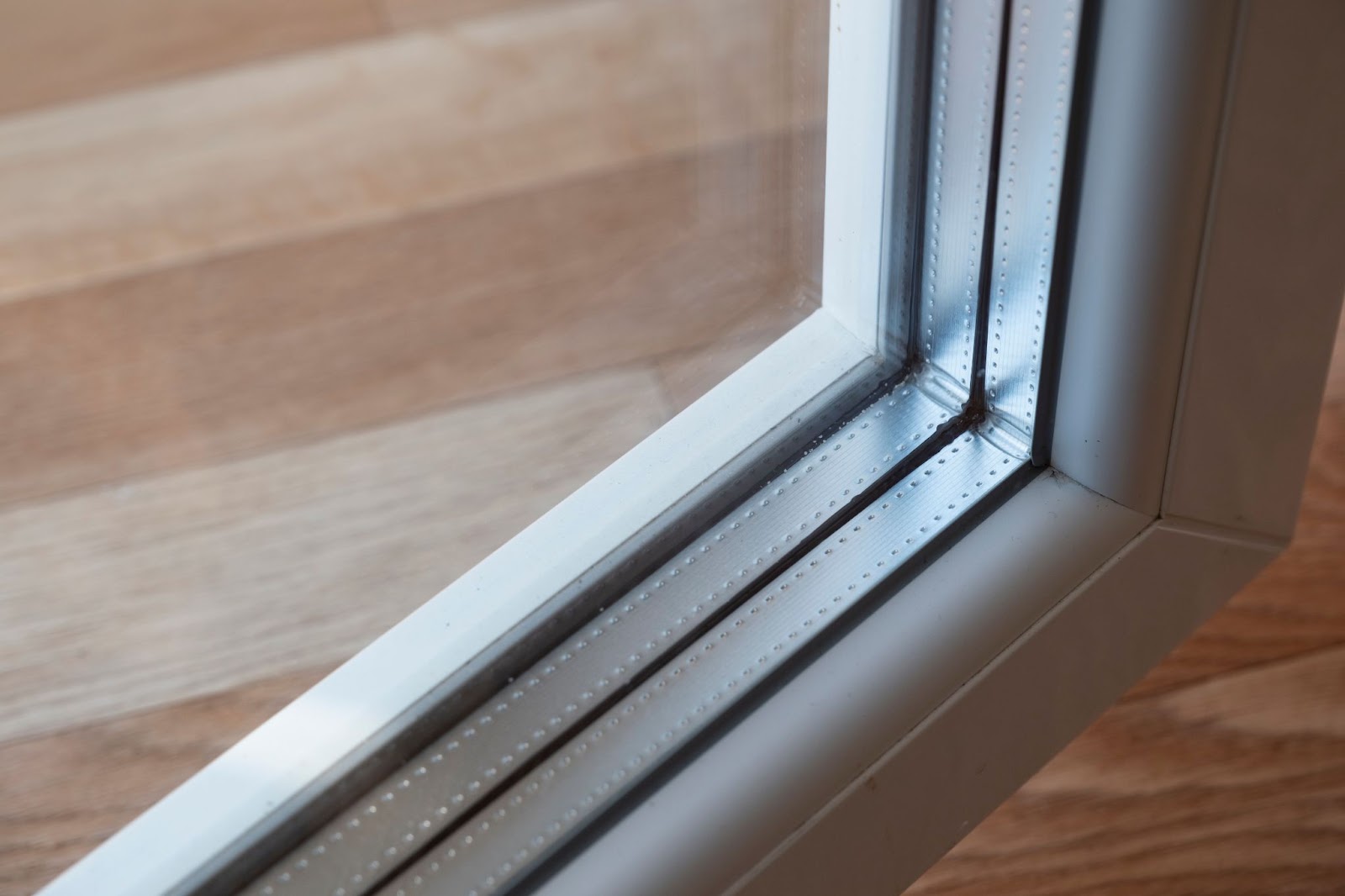
Choosing between the package single-chamber glass a package two-chamber is essential for the comfort of use of the house and its energy efficiency. Below we will discuss both of them.
A well-chosen number of chambers in an insulated glass is not only a matter of comfort — it is an investment in energy efficiency, longevity of joinery and Lower heating bills for many years. Therefore, it is worth consulting the choice with the manufacturer or technical advisor, who will help you choose the solution best suited to the type of building and the user's expectations.
You can read more about single-chamber and double-chamber glass packages in our article: Two-pane or three-pane windows? Differences, advantages and key technical parameters.
In addition to the number of chambers, Insulated glass can also be classified according to the type of glass used.
Depending on the needs of the investor, glazing with certain properties can be selected:
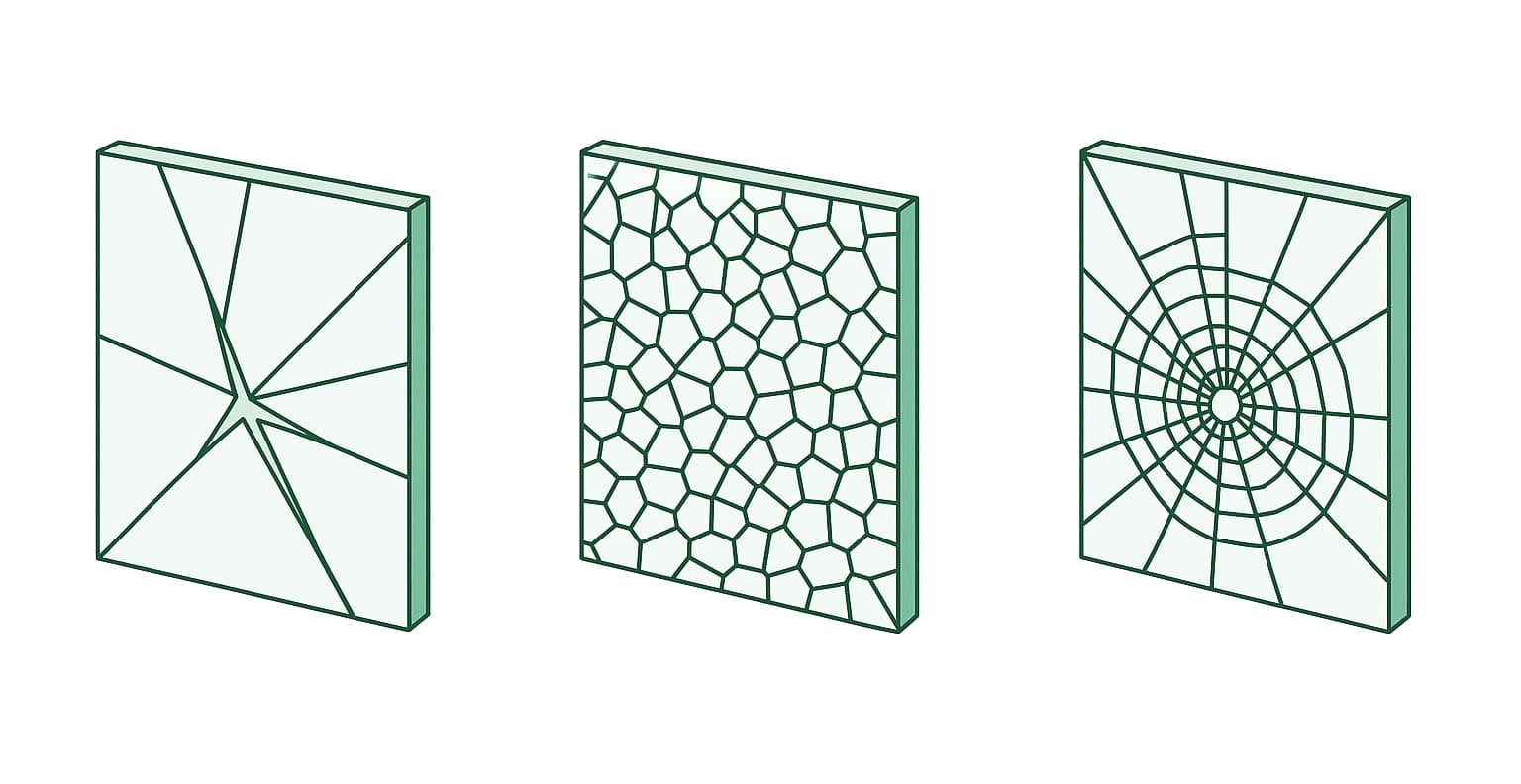
The photo shows a comparison of ordinary, tempered and laminated glass.
Also read: Secure windows - Learn all about windows with increased burglary resistance!
At a glance type symbol 4/16Ar/4 may seem like a mysterious technical code, but deciphering it is simpler than you think — and very useful. The first number indicates the thickness of the outer glass sheet in millimeters (here: 4 mm), “16” is the width of the interglass chamber, and “Ar” indicates that the space has been filled with argon, a noble gas that improves insulation. The last “4" is the thickness of the inner glass. Thanks to these markings, you can quickly check what thermal and acoustic insulation a given glass package offers. It's not just numbers — it's specific information that helps you choose the glass that best suits your needs.
The choice of insulated glass is not only a matter of aesthetics — it is primarily a decision based on Specific parameterswhich have a real impact on the comfort of life and energy bills. Heat transfer coefficient (Ug) tells how well the glass protects against heat loss - the lower its value, the better the insulation and the lower the heating costs. In turn parameter Rw determines the level of noise suppression - important especially in houses on busy streets. There are also indicators Light transmittance (Lt) and solar energy (g)which affect the illumination of the interior and the heating of the premises. Understanding these designations allows you to consciously adjust the glass to your needs - without overpaying, but gaining quality for years to come.
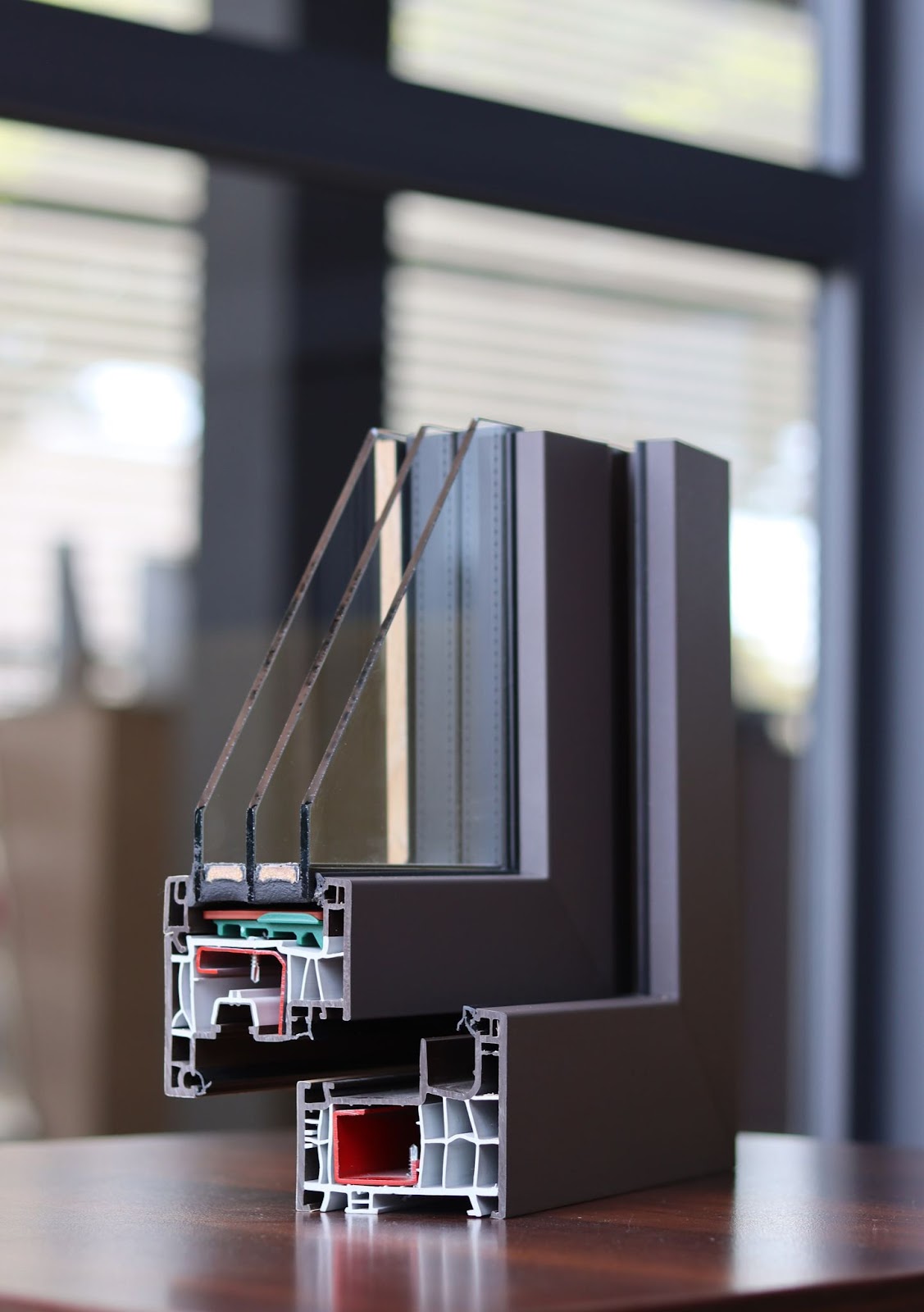
The photo shows a model of a three-pane window.
You may also be interested in: Heat transfer coefficient (Uw) - what is it?
Choosing a glass package is more than a technical decision — is an investment in the comfort, economy and safety of your home. Before you decide on a particular variant, think about what you really need: better noise protection, higher thermal insulation, or maybe increased safety? For residential premises are most often recommended double-glazed windows with low carbon coatingproducts that effectively retain the heat of the interior of the house. If you live in noisy area, it is worth betting on variant with laminated glass or sound-absorbing. And if you want reduce indoor heating in summer — select sunglass. The key is to match the package to the conditions in which you live. A good choice means real benefits for many years to come.
Insulated glass is today an inherent element of window carpentry in modern construction. Their choice affects not only the appearance of the windows, but first of all energy efficiency, thermal comfort, safety and silence in the house. With different design variants — from single-chamber windows after two-chamber packages with special glazing — you can perfectly adapt the solution to the needs of each investor.
IN company Comsta, as a manufacturer of high quality PVC windows, aluminum and doors, we offer shaft packages adapted to modern construction standards. If you don't know what glazing in the windows will work best in your home — contact our expert. We will advise and select a solution that will serve you for years.